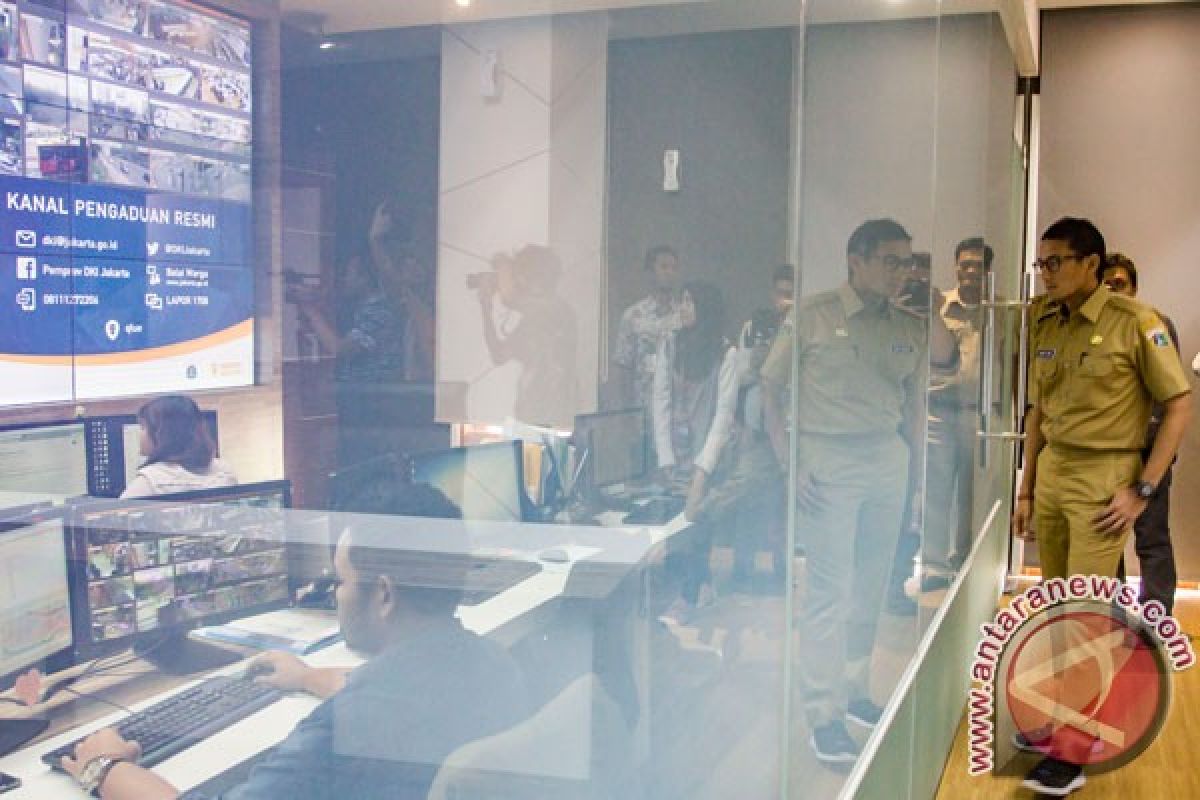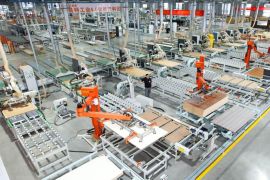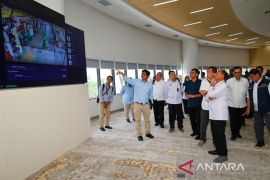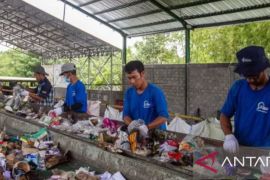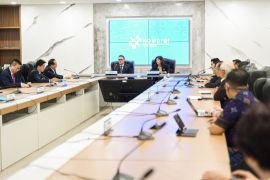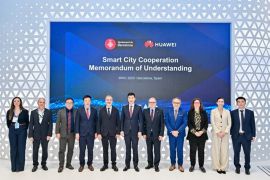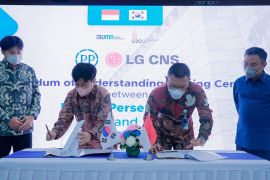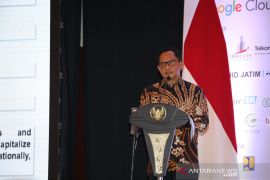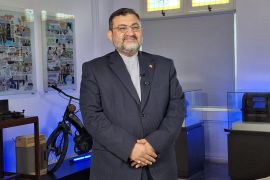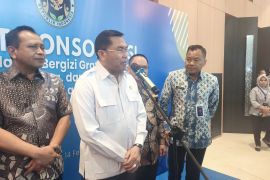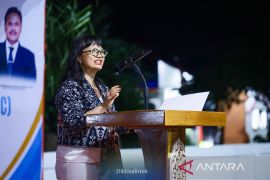The ASCN cooperation program is in line with the Indonesian government`s movement to carry out its 100 smart city program this year, after it had named 25 smart cities in 2017.
The cities, which were proposed for inclusion in the ASCN program during 32nd ASEAN Summit in Singapore on Friday, are Jakarta, Makassar of South Sulawesi Province, and Banyuwangi of East Java.
Indonesian Foreign Minister Retno LP Marsudi, during a press conference on the 32nd ASEAN Summit on Friday night in Singapore, stated that the concept of ASCN was designed to achieve the shared goal of smart city development in the ASEAN networking. "Each country delivers three cities, and Indonesia has proposed Jakarta, Makassar, and Banyuwangi," she noted.
The Minister of Foreign Affairs remarked in the plenary of the ASEAN Summit that President Joko Widodo (Jokowi) stated that people should be the focus in the development of the ASEAN community as it is a centered and people-oriented organization.
"Innovation to strengthen the ASEAN community in the midst of a very complex urban problem needs to be encouraged, and ASCN is one of the answers to the challenge," Jokowi was quoted by the minister as saying.
According to him, the ASCN program is important for the interest of inclusiveness and innovation, where Indonesia itself is developing the movement of 100 smart cities in an effort to encourage more effective, transparent, and reliable governance.
The core of cooperation in the field of smart city is to encourage the use of technology to advance the city to be built in such a way, so that it is in accordance with the needs and potential of the region designed for optimal benefit for the community.
Indonesia itself has set a target to achieve 100 smart cities in 2018. Last year, a total of 25 cities/districts succeeded in developing smart city program. Thus, the Ministry of Communications and Informatics is targeting another 75 smart cities in 2018.
Smart city scheme is a concept that is designed to help with the various activities of the community, especially in an effort to manage the existing resources efficiently and provide the public with easy information access.
Smart city program, implemented by the Jakarta Government, has accelerated efforts to overcome the obstacles of urban development, because the problems and solutions in the field can directly be spotted.
"Since the implementation of the smart city program in Jakarta in 2015, solutions to several problems that have become obstacles in the development can be found," Head of Operational Unit of the Jakarta Smart City program, Ardhika, remarked in Jakarta on Friday.
Since the establishment of the smart city program, the problems faced by the Jakarta government can be solved because the program is connected with devices installed throughout Jakarta areas.
Ardhika pointed out that in handling garbage through smart city application, the public can submit a complaint supported by an uploaded photo of the location. The problem can be handled soon.
"Similarly, traffic flow problems can be monitored through CCTV cameras from the smart city control room, which will inform the relevant agencies to handle the issue quickly and ease the flow of traffic," he revealed.
The existence of intelligent database-based and internet-connected programs brings immense changes in urban development.
Director General of Information Technology Applications of the Ministry of Communications and Informatics, Semuel Pangerapan, noted that smart city is a concept of providing good services to the community.
"Smart city is not only about Wifi being built everywhere but also about the activities and all kinds of services provided to the community thorough the internet," Pangerapan explained in Manado, North Sulawesi, recently (April 12).
He mentioned that smart city, among others, concerns health care services, education, and waste management handled through the internet. This is not just one field. Now, in Indonesia, internet users reach 54.63 percent of the population of 262 million people spreading from Sumatra to Papua. They are served well with the internet networks.
"This means that there are 143.26 million internet users, and 132.7 million people are actively using social media through the internet," he added.
According to Pangerapan, the younger generation is now born amid technological advancement and is different from its preceding generation, which is still experiencing technological limitations. Now, everything has become easy, and the easy service is part of smart city characteristics.
Technological progress is a necessity that cannot be ignored; therefore, everything must be transformed, and one would not want to be left behind. "Neither business nor anything else has to change to adapt to technological advances, so as not to lose and be left behind," he noted.
Thank God, the government already has a "Palapa Ring" program, which is the internet layout network from Aceh in the Western tip of the country to Papua in the eastern part of the nation.
The internet network uses fiber optics to guarantee speed and accuracy. "Thus, smart city program can be implemented, and public service activities can electronically run successfully in any form," Pangerapan revealed.
Thus, the inclusion of Jakarta, Makassar, and Banyuwangi in the ASCN scheme can further advance urban development not only at the national scale but also at the regional scale.
Reporter: Andi Abdussalam
Editor: Andi Abdussalam
Copyright © ANTARA 2018
